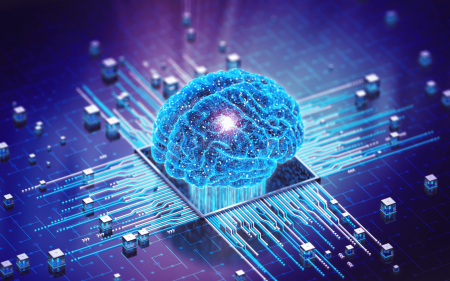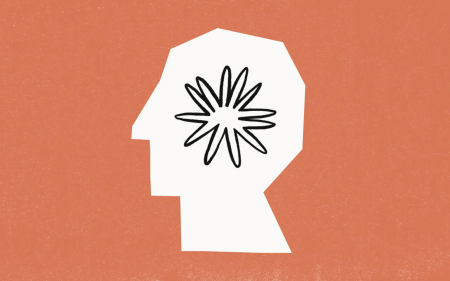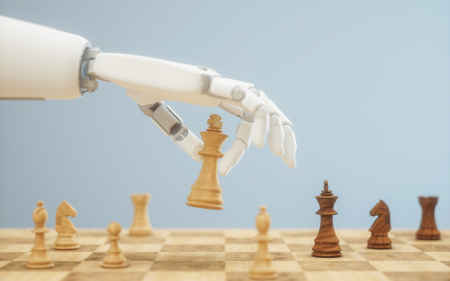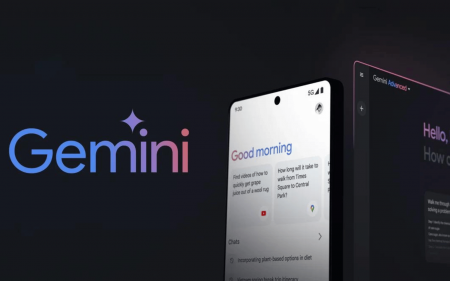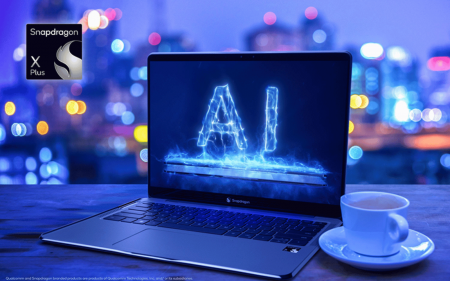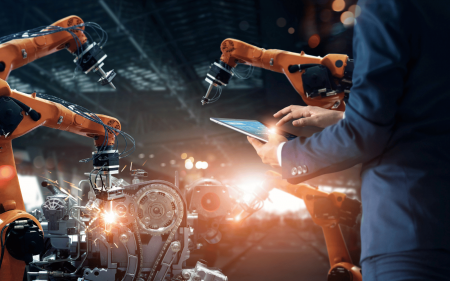Recently, there has been a flurry of publicity about the planned upgrades to OpenAI’s ChatGPT AI-powered chatbot and Meta’s Llama system, which…
Browsing: AI
In March, we saw the launch of a “ChatGPT for music” called Suno, which uses generative AI to produce realistic songs…
OpenAI and Google Gemini rival Anthropic recently announced two important updates to its Claude 3 AI language model. The first…
Before you buy something, visit a new restaurant, or see a new film, you may be tempted to check out…
Google has just announced that applications for its African startup accelerator programme have officially opened. If you’re ready to take…
If you’ve spent time on Facebook over the past six months, you may have noticed photorealistic images that are too…
The rise of commercially viable generative artificial intelligence (AI) has the potential to transform a vast range of sectors. This transformation…
Remember when Google’s artificial intelligence (AI) Gemini was once called Google Bard? Remember when that same LLM (large language model)…
Qualcomm has officially unveiled its Snapdragon X Plus computing platform, following recent rumours of its launch. It lands six months…
A chatbot turns hostile. A test version of a Roomba vacuum collects images of users in private situations. A Black woman is falsely identified…

